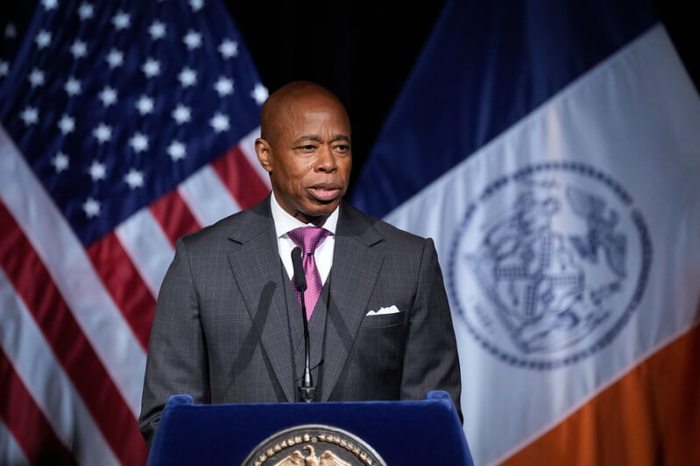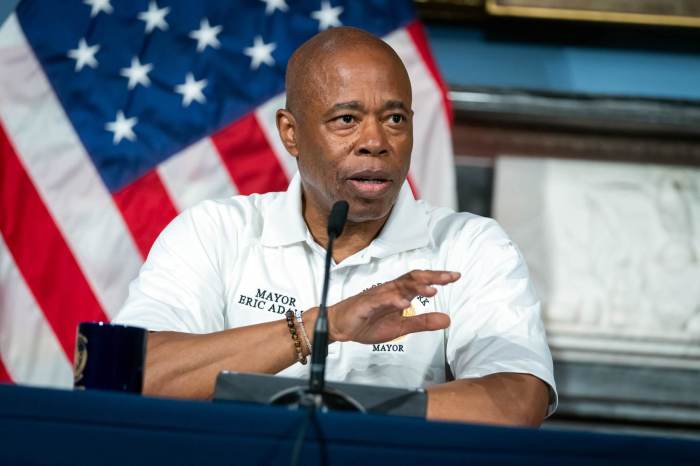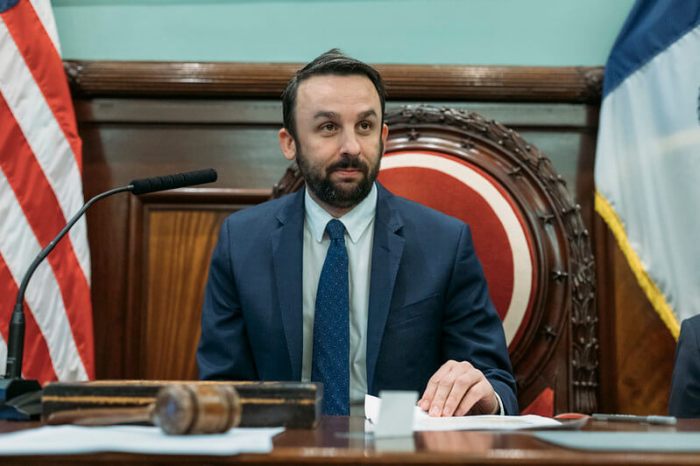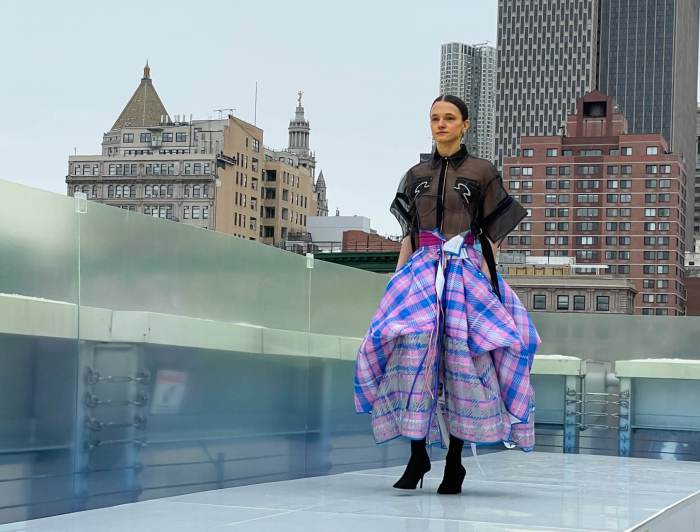For generations, New York has been a beacon of prosperity for independent and entrepreneurial people trying to make it on their own. As the ways we live and work changed during the pandemic, more people, now more than ever, have begun working independently. Whether they are newly arrived immigrants starting small businesses, new college grads with a toolbox of skills in design and marketing, or seasoned professionals looking for more flexibility, it’s clear that the future of work has arrived.
There are now over 1.3 million in New York City, who we at the Freelancers Union assist with everything from finding office space to identifying the best health insurance options. But despite all the well-understood challenges that freelancers and small business owners face, there are other regulations that many do not realize can be a barrier to success: our zoning regulations.
Fortunately, the Department of City Planning has just begun public review on an important initiative to modernize our zoning rules and help freelancers and small businesses succeed: City of Yes for Economic Opportunity. The second of Mayor Adams’ “City of Yes” zoning initiatives, this proposal would support our city’s economy in a variety of ways – including a number of ways that would help freelancers in particular.
First, City of Yes for Economic Opportunity would be the largest expansion of space available for clean production “maker spaces” in the history of New York’s zoning. From companies like pottery studios or microbreweries to smaller Etsy sellers, current zoning requires successful clean manufacturing operations to locate in far-flung “manufacturing” zones – a relic of the factories of the 1960s, rather than a modern understanding of how things are made in the 2020s.
City of Yes would also modernize and end often-discriminatory restrictions on home occupations. Especially in a post-pandemic economy, when even New Yorkers who are full-time employees are working from home, banning home occupations like barbers or interior designers is outdated and out of touch with the way New Yorkers are working today.
Many of these restrictions on home occupations were established in part by people who aimed to discriminate against women and people of color. It’s long past time that we get zoning out of the way of people who want to set up a home business, and ensure that longstanding home businesses do not operate in fear of an arbitrary crackdown. (Reasonable restrictions on noise and other environmental effects would continue to exist.)
And third but certainly not least, City of Yes for Economic Opportunity would update outdated and counterproductive rules on nightlife and entertainment that make it harder for artists, performers, and musicians to make a living in New York.
Today, zoning prevents some venues from advertising show times or collecting cover charges, even in places where music or performances are already permitted – an unnecessary restriction that makes life harder for the people who have made New York the creative mecca that it is. And zoning rules make it illegal in some places for patrons to stand up and dance to live music, even in venues where music is already allowed.
City of Yes would finally change that, putting an end to the last vestiges of the Cabaret Law that exist in the zoning text. Nightlife and entertainment will be regulated the way they should be: by venue capacity and volume, not based on arbitrary distinctions between zoning districts.
These are just a few of the ways that the City of Yes for Economic Opportunity initiative would boost New York’s economy, make life easier for freelancers, and ensure New York remains a creative hub for future generations. This initiative is presently at community boards for their input, and it needs every voice mustered in support. Freelancers, independent workers, and anybody who has ever enjoyed a band with dinner or had to travel across town for a birthday party should speak up to their local community board and City Councilmember in support of this vital proposal.
New York has always been a place where if you had a dream, you could make it a reality. We can’t let the zoning of the 1960s hold us back from that vision in 2023.



































